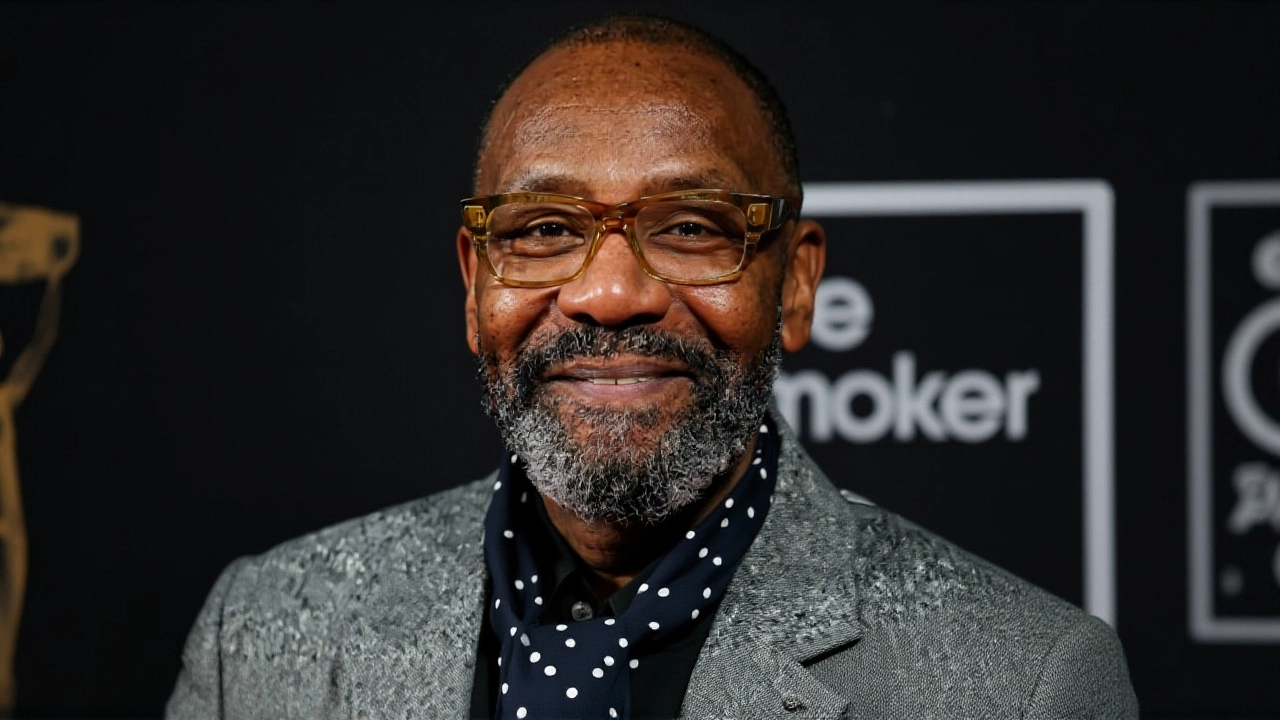Black Theatre Pioneer
When we talk about Black theatre pioneer, a person who breaks barriers for Black performers and creators on the British stage. Also known as trailblazing Black artist, this role combines talent, activism, and community leadership to push theatre forward.
In the world of Black theatre, productions and companies that center Black voices, stories, and aesthetics, the pioneer acts as a catalyst. They launch new narratives, secure funding, and mentor emerging talent. Without that push, many groundbreaking shows would never reach an audience.
The word pioneer, someone who ventures into uncharted territory and creates a path for others fits perfectly because each milestone—whether a debut play, a historic casting, or a policy win—opens doors for the next generation. This dynamic relationship means the pioneer is both creator and advocate.
On the British stage, the network of theatres, festivals, and production houses across England, Scotland, Wales, and Northern Ireland, Black theatre pioneers reshape programming choices. They negotiate with venues, influence repertory decisions, and challenge traditional gatekeepers, ensuring that the stage reflects the country’s full cultural tapestry.
These efforts intersect with cultural heritage, the shared history, traditions, and artistic expressions of Black communities in the UK. By bringing ancestral stories to contemporary audiences, pioneers preserve memory while sparking dialogue about identity, racism, and belonging.
Audience impact is a clear outcome: when a pioneering Black production sells out, it proves demand, shifts public perception, and encourages investors to back more diverse projects. This feedback loop demonstrates that representation isn’t a nicety—it’s a market force.
Why the term matters
Understanding the role of a Black theatre pioneer helps us see how individual courage translates into systemic change. The pioneer’s work links three core ideas: artistic innovation, community empowerment, and industry transformation. In practice, that means a playwright writes a story about the Windrush generation, a director stages it at a major West End house, and a young actor lands their first professional role because the production highlighted new casting standards.
Reading through the articles below, you’ll notice parallels with other breakthrough moments—whether it’s a sports star debuting at a new club or a city rallying after a disaster. All share the same pattern: a bold individual or group steps into a space, faces resistance, then reshapes expectations for everyone else. That shared pattern is the thread that ties this collection together.
In the sections that follow, you’ll find stories of actual Black theatre pioneers, analyses of their landmark projects, and practical tips on how emerging artists can follow their footsteps. Use this guide as a map to navigate the vibrant, ever‑changing landscape of British theatre today.
Lenny Henry Honors Trailblazing 19th‑Century Actor Ira Aldridge

